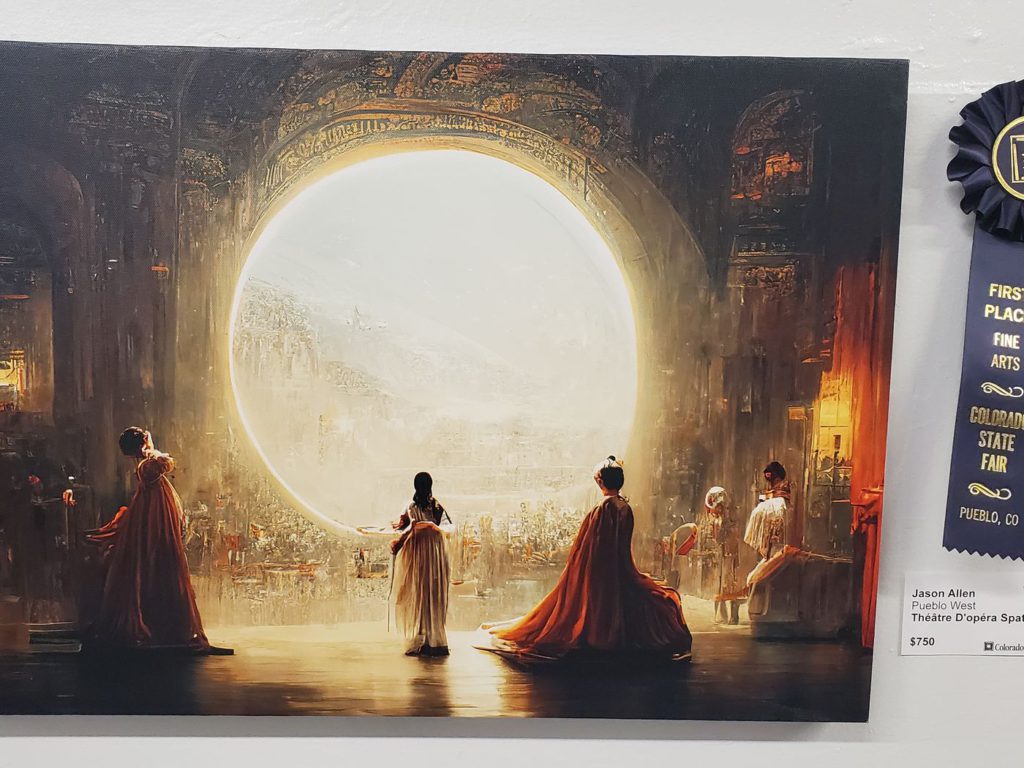A Journey from Machine Language to AI Assistance
I recently gave an interesting keynote speech about how AI is a Rocketship for the Mind and my experiences using computers. Invariably, the topic turned to if AI or Artificial Intelligence is a good thing, and if AI will take our jobs some day. Let’s look at the facts: when I was young, “using” a computer meant programming in machine language. This essentially involved arranging ones and zeros in the right order for the computer to understand my instructions. To leverage the power of a computer, you had to talk to it in its language. My neighbor explored another method to “teach” the computer to learn how not to lose a game of tic-tac-toe. To me, that meant humans were (and still are) teaching computers to think like us.
Fast forward to today, and the landscape has evolved. For instance, I asked Perplexity AI in a simple English sentence to “write an unbeatable tic-tac-toe game, complete with HTML, CSS, and JavaScript”. I simply pasted this code on my blog and now anyone can play the game – even on their phones. After I posted the game, my son suggested adding a feature to allow the player to choose whether a human or AI goes first, so I went back to the Perplexity prompt the next day and simply asked it to “add a feature to allow the player to choose whether a human or AI goes first” and it updated the code. Recall, I did not write a single line of code, which I simply pasted into this HTML block below:
Unbeatable Tic Tac Toe
The Changing Role of Coders
This rapid advancement in AI capabilities has sparked concerns among CEOs about the future need for coders. If AI can generate complex code on demand, what does this mean for human programmers? While this is a valid concern, it’s essential to recognize that AI also opens up new possibilities and efficiencies. And just like I experienced over thirty years of technological progress – anyone can now “program” a computer to do their bidding. Imagine what this means for society!
“It is our job to create computing technology such that nobody has to program. And that the programming language is human. Everybody in the world is now a programmer. This is the miracle of artificial intelligence.”
Jensen Huang, Founder NVIDIA
AI and the World of Art
Art is often considered a uniquely human endeavor, driven by emotion and creativity. However, AI is making inroads here as well. To many artists’ chagrin, an AI-generated piece of art created by a single text prompt using MidJourney won first place at the Colorado State Fair. This has led to new rules for AI participation in art contests.

Similarly, OpenAI’s new Sora text to video generator, though not yet released, has shown promising results with minimal human input, raising questions about its potential impact on the motion picture industry. Recently Tyler Perry and others have stalled or stopped creating physical studios and soundstages as the opportunity to use AI now appears “good enough” for some tasks that might otherwise be painstakingly performed by humans. Of course, if AI is trained to learn what “good art” is from human artists, over time it may have fewer sources to choose from, and likely this won’t threaten Hollywood as much as it will TikTok and YouTube creators.
Historical Parallels
The fear of machines replacing human jobs is not new. In the 19th century, the Luddites destroyed textile mills to protest against machines that threatened skilled laborers who spent their entire lives perfecting their craft. In my youth, math teachers protested against calculators out of concern that students would not learn basic math skills. Despite these fears, technology has continued to advance, and society has adapted. A new version of Calculator for iPadOS 18 solves problems in real time using the actual handwriting of the student, so they may gain a deeper understanding of the relationship of numbers and graphs.



Embracing the Future
AI is here to stay, so that genie is not going back into the bottle. While it’s natural to have concerns about job displacement and the changing nature of work, it’s also important to recognize the benefits AI brings. We are already reaping these benefits in various ways, and the key lies in adapting and finding new opportunities in this evolving landscape. AI is already improving our lives through better security and automation, and it is just beginning to transform health care to improve the outcomes of all human beings. In many ways, we should be expect that AI, like robots, will eliminate repetitive or dangerous jobs to free human brains for truly important uses like thinking, creating, teaching and helping others.
In conclusion, AI’s impact on jobs and creativity is a complex issue with both challenges and opportunities. By embracing AI and leveraging its strengths, we can navigate this new era and continue to thrive. AI will likely do for our minds what gears and machines did for our muscles: amplify our powers to achieve more than we could ever have accomplished alone.
